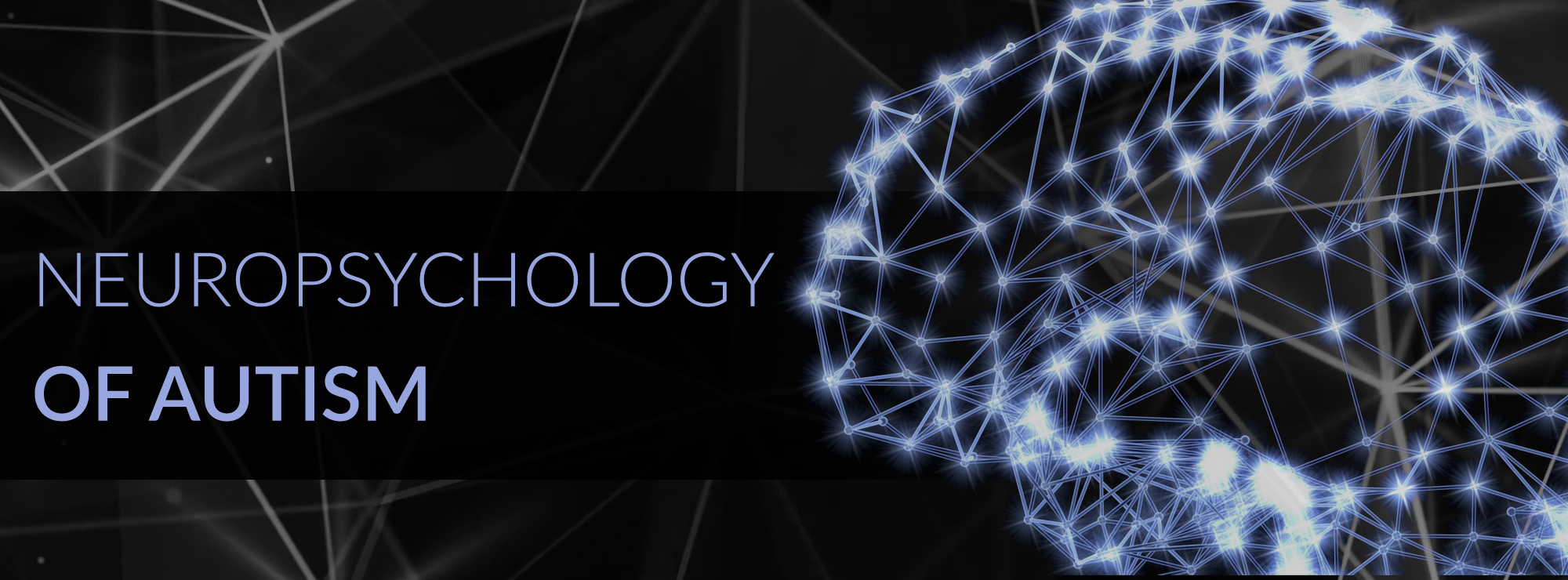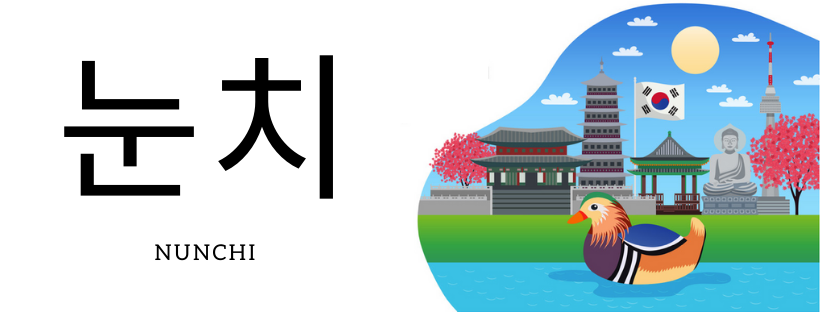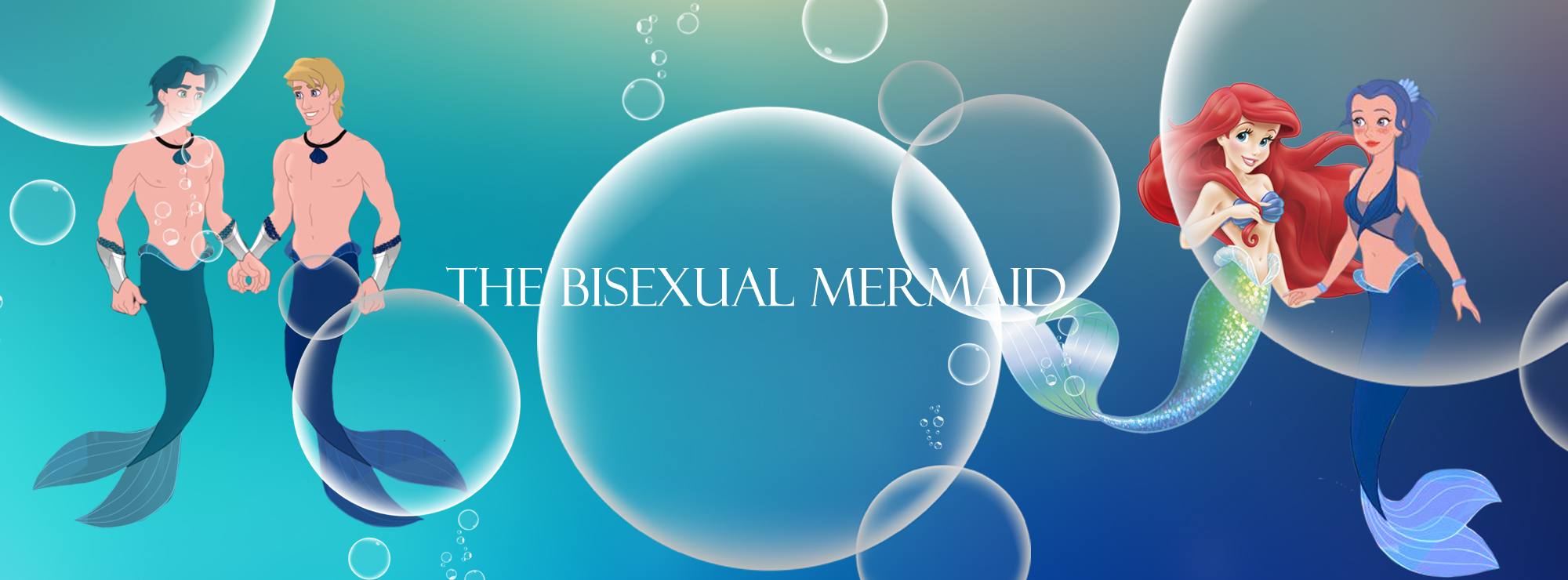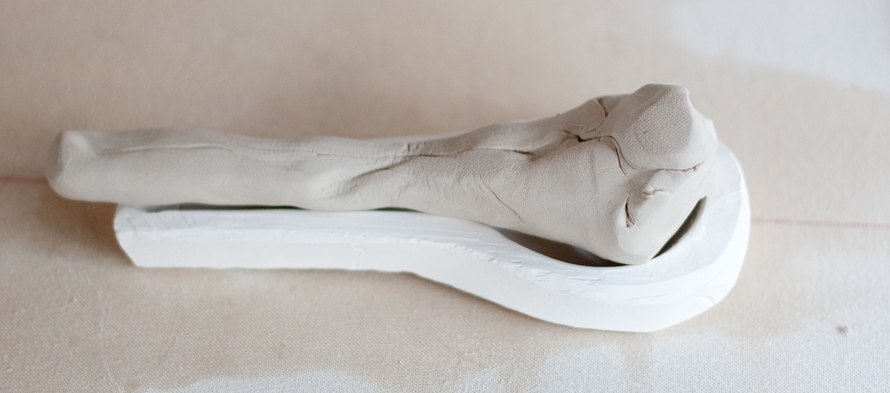Two and a half years ago, my partner and I went to EuroBicon, the European Bisexual Conference in Amsterdam. There, I presented a paper about queer mermaids, hosted a workshop on the bisexual mermaid, played games both analog and digital, went to an awesome 80-90’s disco, had fabulous food and… met Robyn Ochs. As an academic cum activist, Robyn immediately made an indelible impression on me. Therefore, I am very happy that she invited me to write for her grassroots publication Bi Women Quarterly – aka BWQ – and that my writing even made it to the front page. Thank you so much, Robyn! With her permission, I publish the integral essay in this website.





